The Metro Rail Transit system of Taipei is one of the most efficient in the world. Due to language constraints, it becomes of high use and convenience to travelers. Without even the need to communicate with locals and ask for directions, short-term travelers would be able to visit almost all significant tourist landmarks of the city, in the comforts of a train seat.
TYPES OF
TICKETS AND FARES
It
is important for travelers to anticipate how many days would be spent roaming
around Taipei or if there are plans of visiting nearby cities and provinces of
Taiwan.
As of writing, I have been to
Taiwan three times and obtained three types of subway tickets in the convenience
of traveling with either my family or friends.
Ticket
|
Fare
|
Remarks
|
IC
Single- Journey Ticket
|
Varies
depending on number of stations
|
·
Good for one passenger per one
way trip
·
Available at ticket vending machine of MRT machines
·
Valid only on the day of issue
|
One
Day Pass
|
TWD
150
|
·
Good for one passenger per one
way trip
·
Unlimited Taipei MRT rides
within a single day until the end of service
·
The price does not include a
refundable deposit
|
Group
|
·
20% discount for groups of 10 or
more
·
30% discount for groups of 40 or
more
·
No refunds can be given once
issued
|
During
my first visit to Taipei with friends, we availed of the 3-day pass, which
comes with an unlimited Taipei Metro rides and rides on Taipei City/New Taipei
City buses within the valid period. The
unused ticket is likewise refundable with a service charge of TWD20. Rates are as follows:
1-day
Pass
|
TWD
180
|
2-day
Pass
|
TWD
310
|
3-day
Pass
|
TWD
440
|
5-day
Pass
|
TWD
700
|
TOURIST
LANDMARKS AND THE SUBWAY STATION
Instead
of the hop-on hop-off bus tours and related travel agencies offering day tours,
I would recommend to just ride on the MRT station and be guided accordingly as
to what sites you intend to visit and which station to alight.
Here
are some for your guidance.
DADAOCHENG
WHARF, DIHUA STREET AND THE XIAHAI CITY GOD TEMPLE
Orange
Line: Daqiaotou Station
Exit
1 or Green Line: Beimen Station
It
was relatively a long walk and a challenge to locate the Dadaocheng Wharf from
the nearest subway station. En route,
the vicinity resembles a market place, with decent shops and restaurants
offering authentic cultural and gastronomic experience. Tea shops are likewise prominent. We passed
by the Dihua Road, a known commercial district of Taipei and holds the record
as the oldest road.
The
wharf is likewise designated as a city park with new bicycle paths and
functioning ferry pier. In the late 19th
and early 20th centuries, the area has been a trade capital of
Taiwan. The architectural designs of the
buildings and its façade is reminiscent of the foreign influences in Taiwan,
ranging from Japanese colonial, European baroque and classical and Fujianese.
The
Xiahai City God Temple is likewise located at the Dihua Street. Completed in 1859, the temple houses around
600 deities, including the City God, his two lieutenants, his wife, a laughing
Buddha and several gods connected with the Chinese underworld. The deity that most of the visitors come to
visit is the Old Man under the Moon – the Chinese matchmaker God.
CHIANG-KAI
SHEK MEMORIAL
Red
or Green Line: Chiang-Kai Shek Memorial Hall sometimes labeled as C.K.S.
Memorial Hall
The
most prominent historical landmark in Taiwan is built in honor of the former
President of Republic of China, Chiang Kai-shek – the Chiang Kai-shek
Memorial. Apart from the main hall, the
large complex houses the Chiang Kai-shek Memorial Park, National Concert Hall
and the Natioanl Theater.
I
was able to visit the square twice and on two different perspectives- a rainy
and a hot season. Both are picturesque
though. And I have witnessed the flag
retreat ceremony of the guards which takes place at around 5PM with guards
marching from the main hall towards the center of the park.
The
Memorial Hall is painted white on four sides with a blue octagonal roof. The shape symbolizes the number 8, a number
that is traditionally associated with abundance and good fortune. There are two sets of white stairs leading to
the main entrance and each has 89 steps to represent Chiang’s age at the time
of his death.
ELEPHANT
MOUNTAIN
Red
Line: Exit 2 of Xiangshan station
I
came unprepared for a hike. It was late
in the afternoon when our group decided to hike the Nangang District Hiking
Trail to get the best vantage for a sunset view and the iconic landmark of
Taipei, the Taipei 101. And it did not
disappoint.
Though
tiresome, it was rewarding. There are
rest areas as well and facilities for comfort after the flight of stairs to
reach the peak. Some came prepared to
drink and with snacks in tow. And for us, in a hurry to get down for dinner after the quick sunset viewing.
SHILIN NIGHT
MARKET
Red Line: Exit 1 of Jiantan station (not Shilin station)
Our
family went to Taipei to celebrate New Year’s Eve this year, and fortunately,
we were able to book accommodations just in front of the Shilin Night
Market. It was favorable for our last
minute shopping needs and souvenir finds and in times when we want to go out
and dine during late night. As compared
to other night markets, I can say that they do have an edge on offerings.
The
Shilin Night Market is one of the largest and most popular night markets in
Taiwan. The maze of alleyways is filled
with a variety of local, traditional and international merchandise and cuisine.
RAOHE NIGHT
MARKET
Green
Line: Exit 5 of Songshan Station
One
of the oldest night markets of Taiwan is the Raohe Night Market. The prominent landmark beside the marker is
the Ciyou Temple, which lightens up the street at night in a grand and
photogenic way. It was built by the
local residents during the Qing Dynasty era.
The
Raohe Night Market is said to be the epitome of traditional Taiwanese night
market. Apart from the interesting night
foods and snacks, including the stinky tofu that dominates the area, quaint shops and
stalls, the carnival games with prizes was a good experience. We did try for fun.
XIMENDING
Green
or Blue Line: Exit 6 Ximen station for
the shopping district
Famous
for a diversity of entertainments and activities that allure a number of young
people and young adults, the Ximending area is noted to be a popular shopping
mecca where the building of H&M is situated, fronting
the subway exits.
This is considered as the first pedestrian zone in Taiwan and dubbed as the
“Shibuya” of Taipei. The Ximending
Pedestrian Area was the first pedestrian built in Taipei and the largest in
Taiwan.
Ximending
is likewise known for its historical sites.
I was actually led to Ximending to locate the Red House Theater, which
was a prominent building during the Japanese era. But the building was under renovation when we
visited. But there were equally artistic
shops adjacent to the site to compensate.
Some
say, Ximending is known for student prostitution. That, I cannot attest. I will have to visit the area next time for
its night market and the nightlife in general.
SUN YAT-SEN
MEMORIAL HALL
Blue
Line: Sun Yat-Sen Memorial Hall also
known as S.Y.S. Memorial Hall
Similar
to the C.K.S Memorial, the S.Y.S. is also built in honor of an important
personality of Taiwan. Built in 1972,
the memorial was built in honor of the founder of Republic of China, Dr. Sun
Yat-sen. The hall contains displays of
Sun’s accomplishments from the revolution during and after the fall of the Qing
Dynasty and is now being used as a venue for varied social, educational and
cultural activities.
There
is also a guard changing ceremony, which we were able to witness – the
synchronized clicking of the boots, swinging of arms forward, leg raising,
salutes in between and a series of rifle movements.
We
had a glimpse as well of the Taipei 101 from the garden park surrounding the
Memorial.
TAIPEI ZOO
Brown
Line: Taipei Zoo
Taipei
Zoo is said to be the largest in Asia and home to Yuan Zuai the panda. Unfortunately, the panda was sleeping when I
visited the zoo together with my family.
Even without the panda though, animal lovers would definitely enjoy the
place, being home to varied species of animals, even for both flora and fauna.
This
famous zoological garden in Taiwan is also a leader in conservation, research,
education and recreation. The zoo closes
at 5PM.
TAIPEI 101
Red
Line (Xiangshan train): Taipei 101
station
And
of course, every visitor of Taipei should not miss the once world’s tallest
building, Taipei 101. The Taipei 101,
formerly known as the Taipei World Financial Center is the country’s landmark
skyscraper.
Taipei
101 is home to a luxury shopping mall at the base floor, corporate offices and
both an indoor (89th) and outdoor observatory (91st). There are a lot of things to do while inside
the building.
On
New Year’s Eve, the vicinity that surrounds becomes the venue for countdown
where fireworks are displayed at this famous skyscraper.


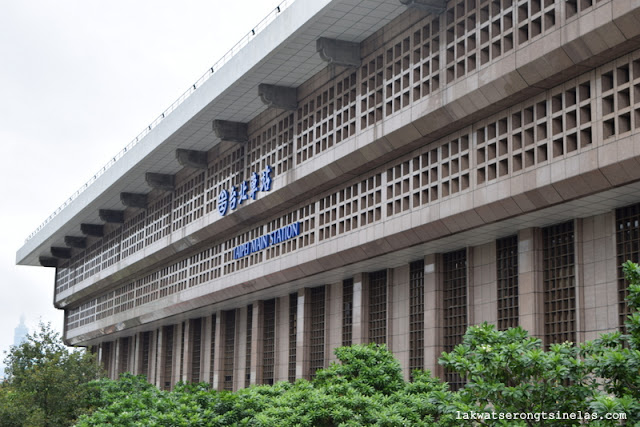
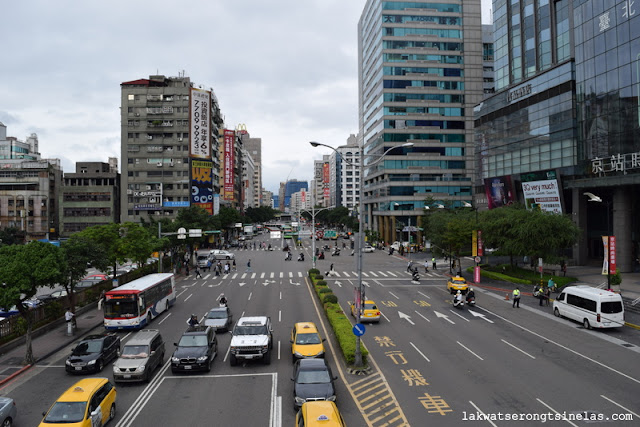
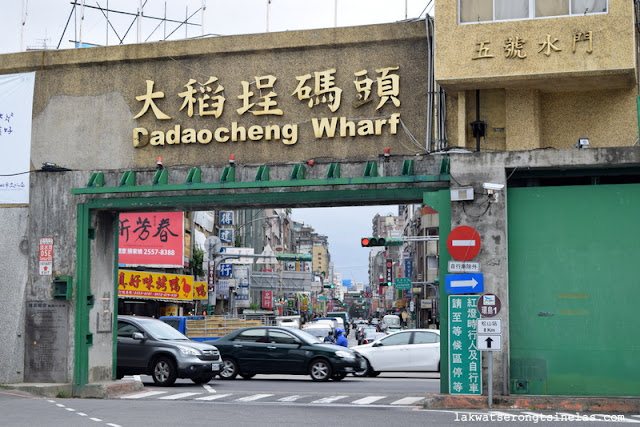
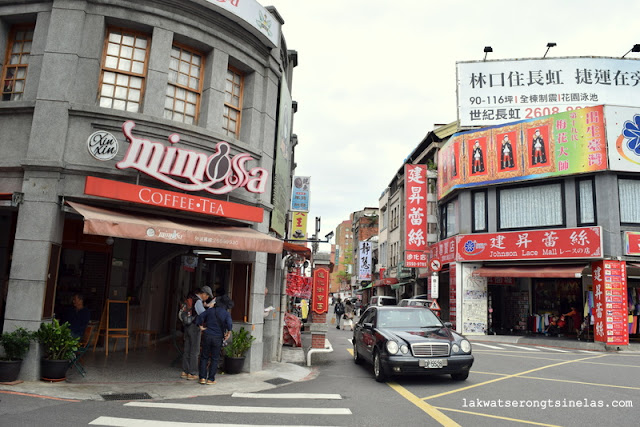

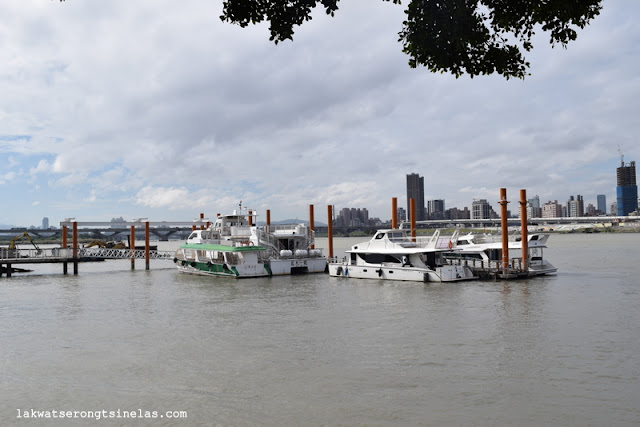





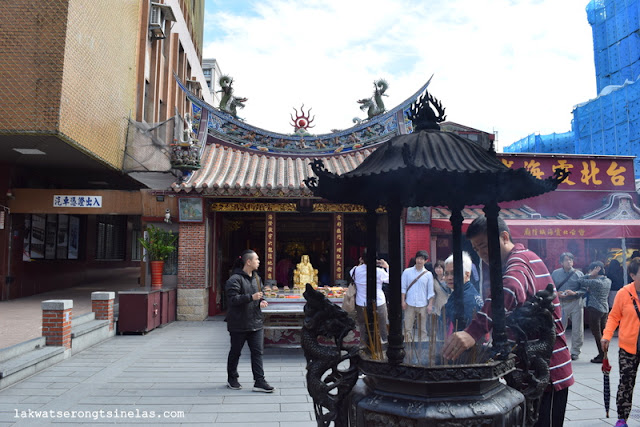


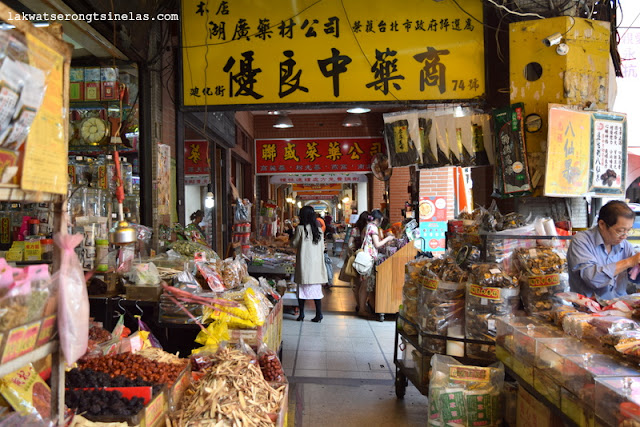
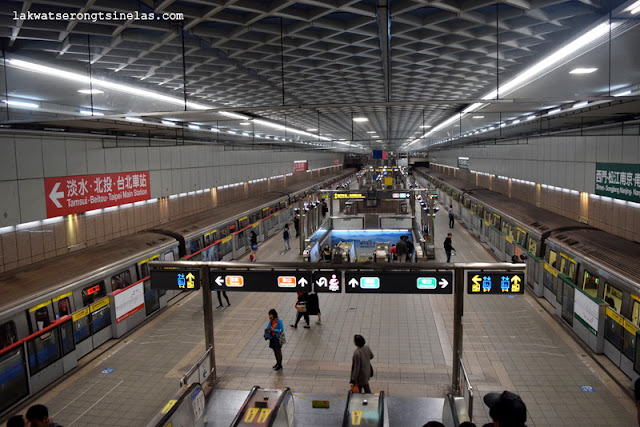
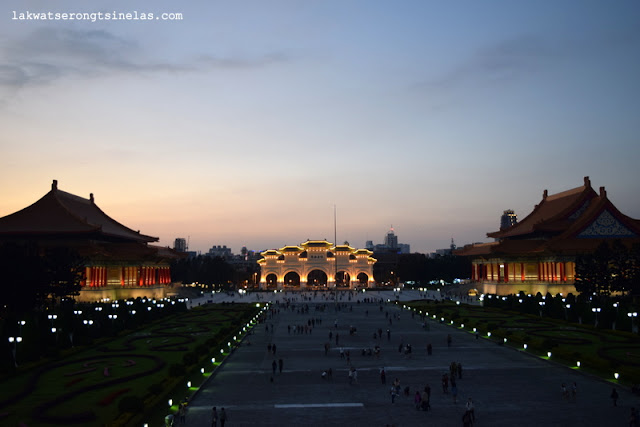
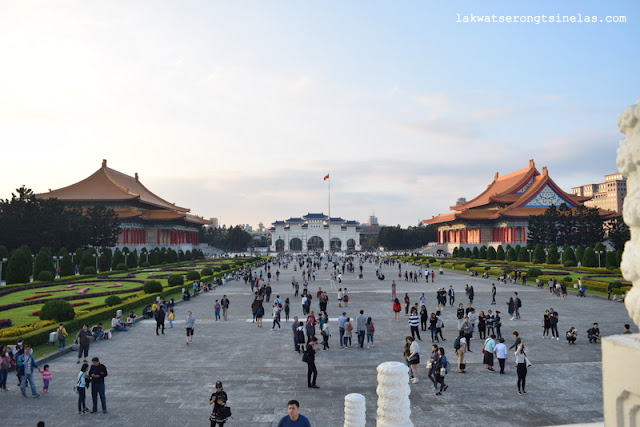

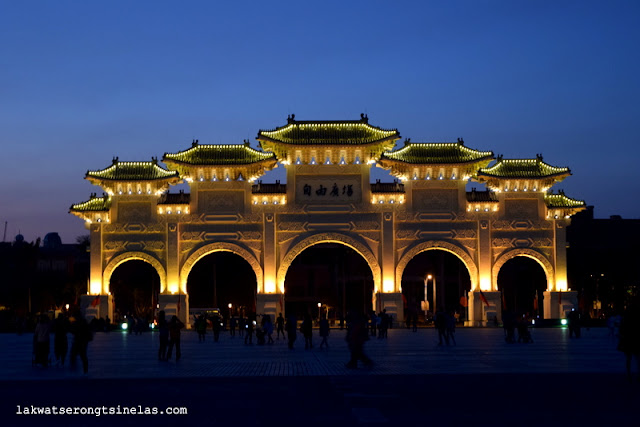






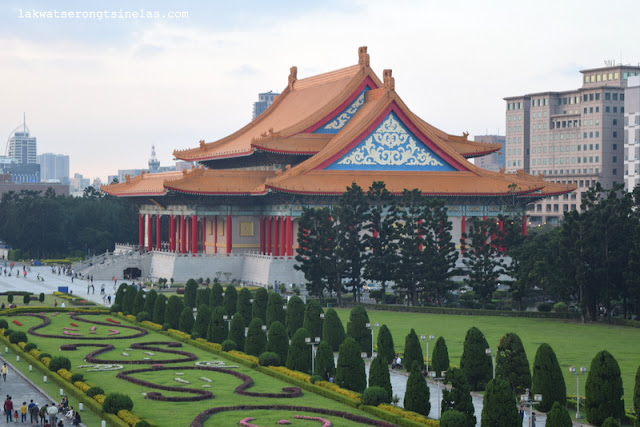

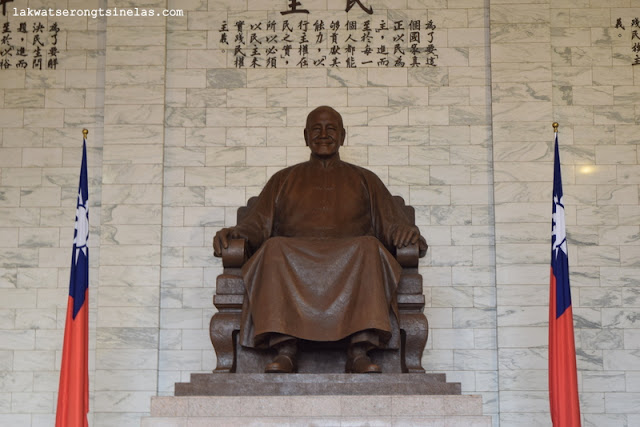


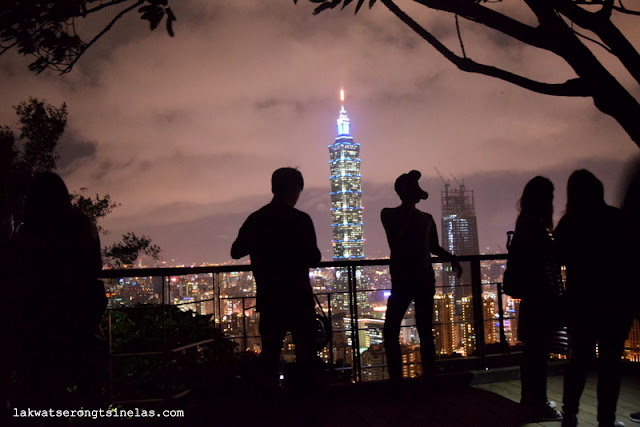



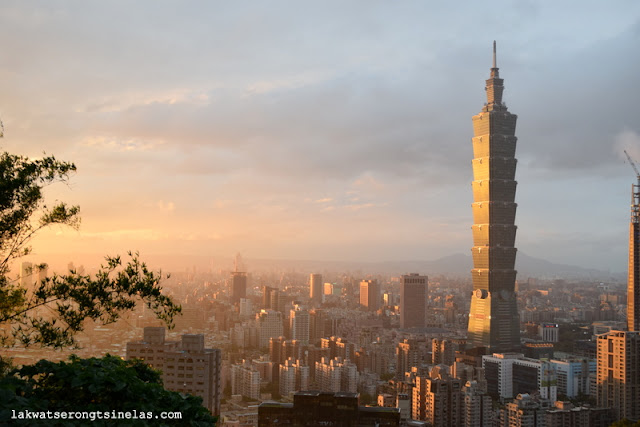








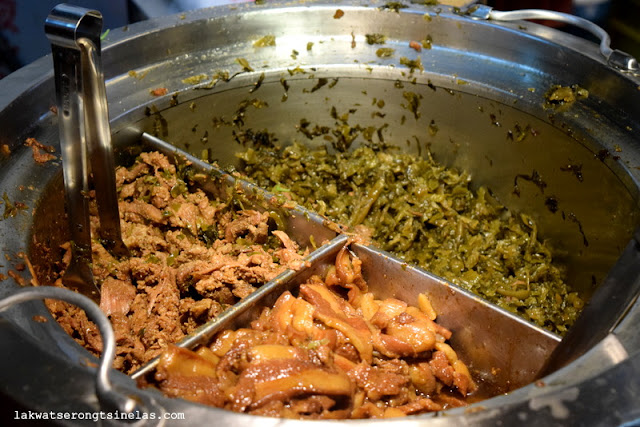


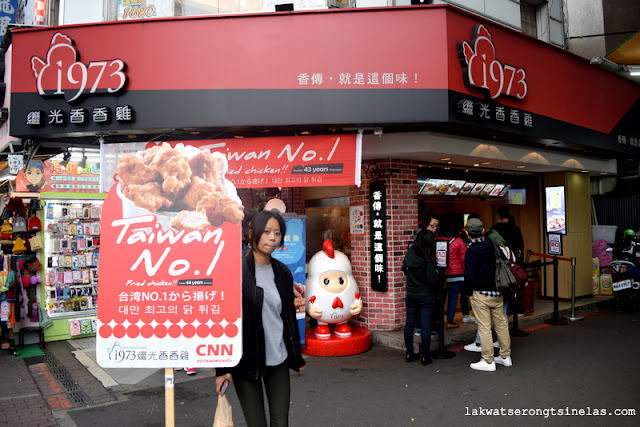

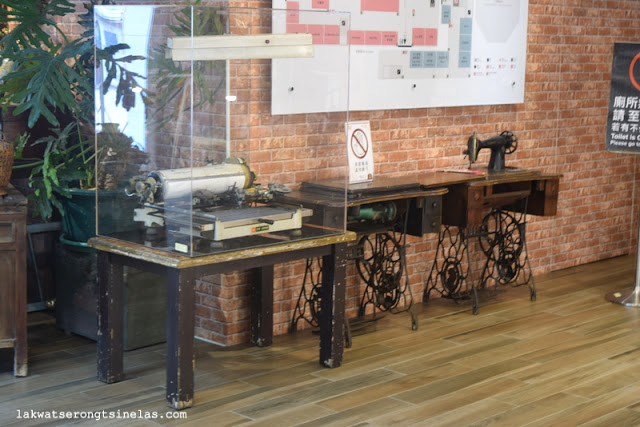

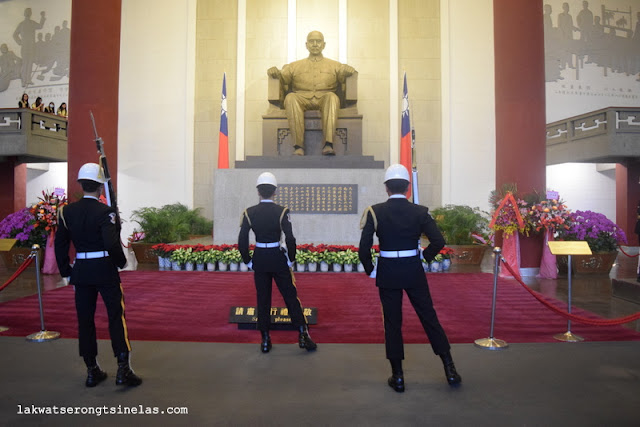



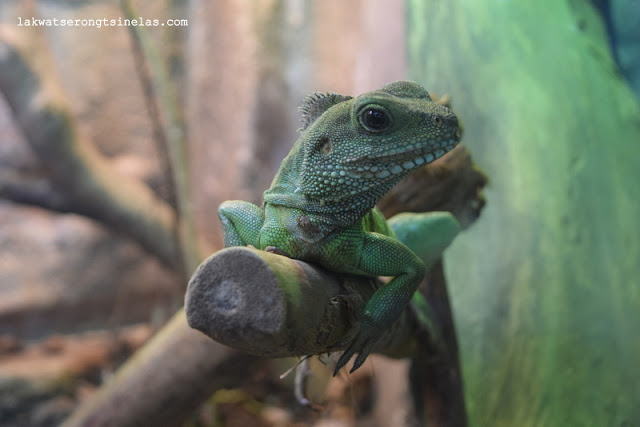


































2 comments
Wow! Tumatravel guide!
ReplyDeleteI wanna go back to Taiwan! :)
ReplyDelete